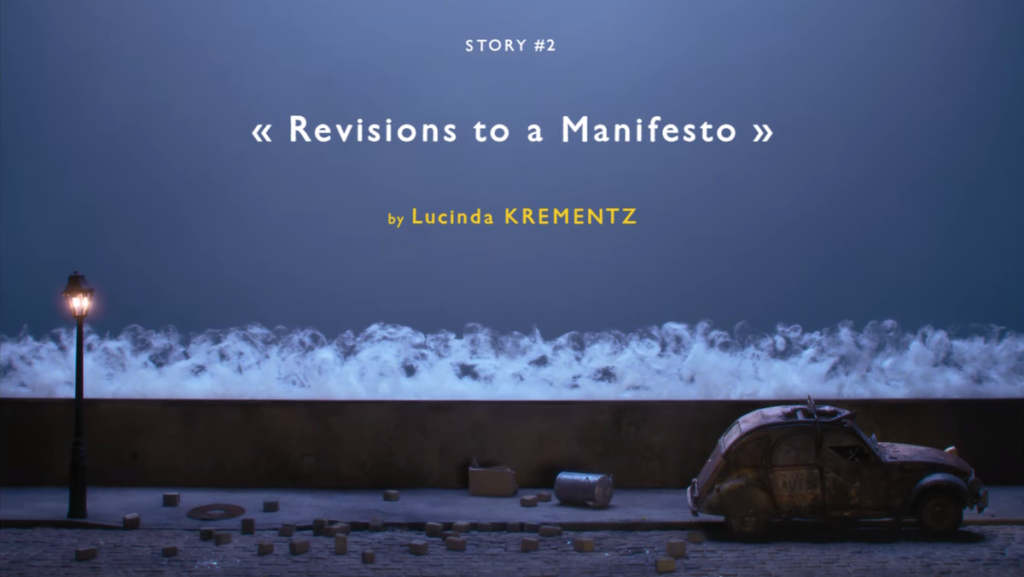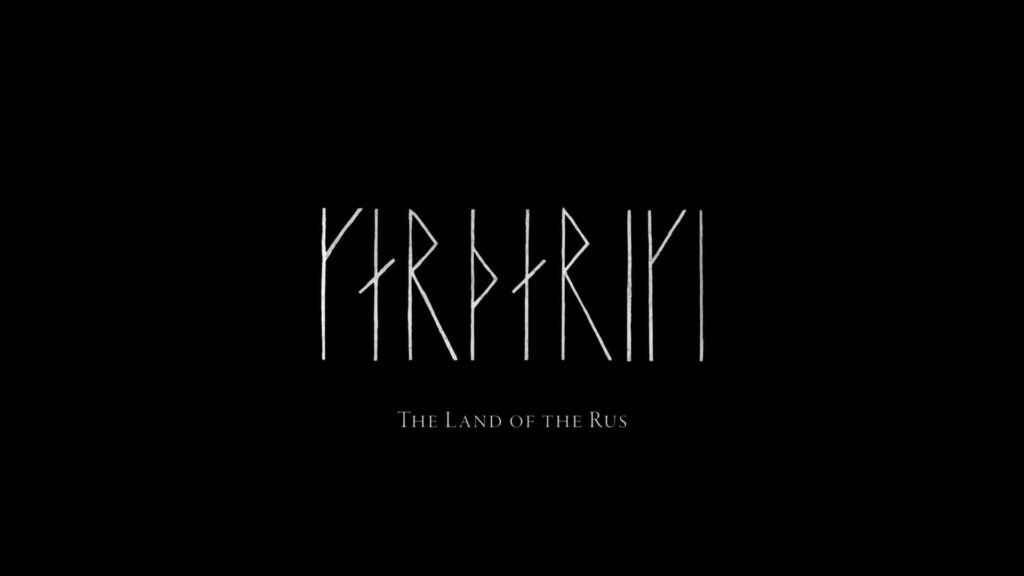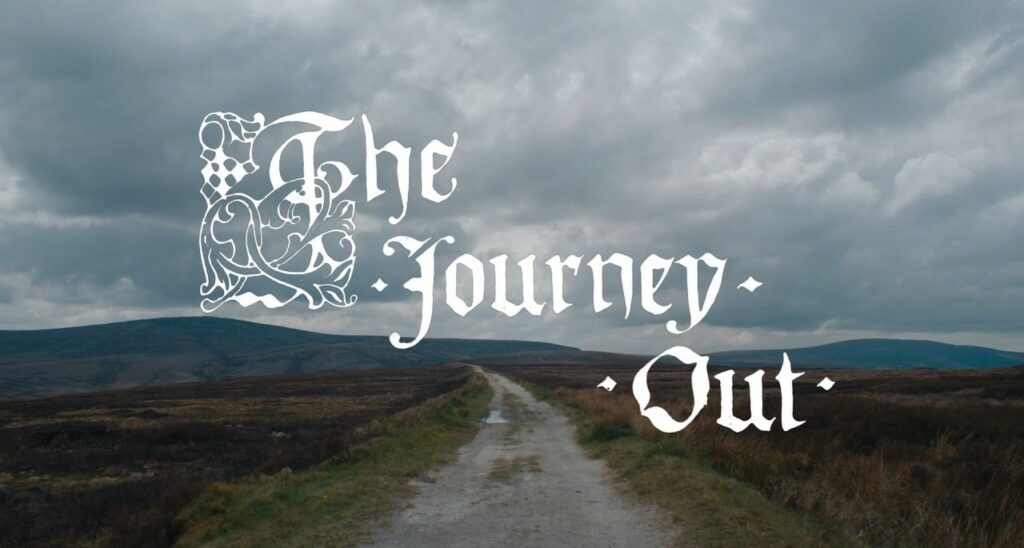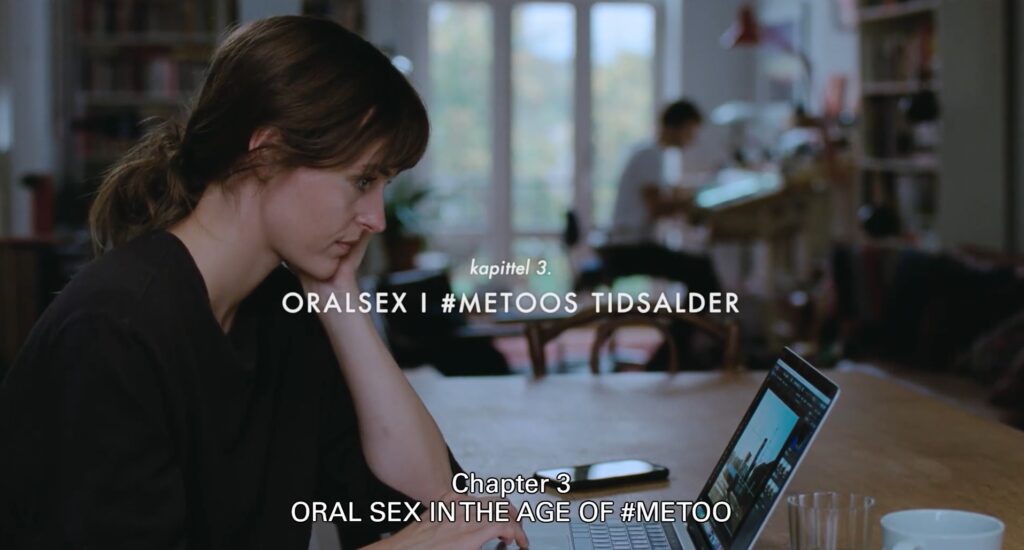A noticeable trend of fragmentation in ‘high art’ films in recent years could be considered a reflection of our broadly diminishing attention spans (most noticeably among the youngest generation), arising in part due to the growing popularity of ever-shorter content on YouTube, TikTok, Instagram and the other platforms. It’s also continuing to become more accessible, both in its creation and consumption, and we’ve formed a habit of constantly switching between media platforms – therefore spending less time on any one story, article, video, or other. In light of this transformation in how we interact with daily content, it’s clear why filmmakers are electing to split their movies into smaller, more palatable chunks – have audiences accustomed to consuming social media and television series dictated the styles of auteurs? Or is this stylistic shift a simple coincidence?

One of the most overtly episodic examples also presents the most significant caveat to this point: The French Dispatch is Wes Anderson’s latest, deceptively whimsical foray into stories about storytellers. The caveat is that despite exemplifying fragmented storytelling, it’s also a continuation of a filmmaker’s style that existed before the social media age – perhaps Anderson only felt confident releasing such an anthological film once audiences had become accustomed to a more rapid and eclectic narrative consumption.
In its five chapters, The French Dispatch experiments with elements that could alienate mainstream viewers – black and white film, animated sequences, and a restless style, to name a few. Yet by presenting these elements in shorter formats, Anderson simultaneously protects himself from the diminishing attention spans and exploits viewers’ newfound capacity to flit between narratives. Whilst he certainly doesn’t succumb to the trend of fragmentation out of necessity, it could be argued that Anderson uses it to lure audiences into watching auteur cinema.

As accessibility becomes synonymous with brevity, the historical epic and the successful 2hr+ theatrically released drama fast on their way to becoming a dying species. The Northman and The Worst Person in The World are brilliant revivals of both, and their use of chapters could be interpreted as an olive branch to the daunted cinemagoer, baulking at the prospect of over 2 hours without the usual tricks that Marvel and the like have to offer. Epics have been hard to come by in recent years, previously abundant in the age of Gladiator and further back with Spartacus (rarely with chapters). Recent examples’ use of chapters could appear incidental, but they are too many to ignore – The Last Duel and The Green Knight are further instances of recent epics’ fragmented formats.

The Worst Person in the World demarks its story into 12 episodes, more thematic than temporal but nevertheless intending to demonstrate how to study and understand its characters. Whilst this is evidently a creative choice, it also takes the burden off the viewer to decode the significance of each episode to the protagonist’s life, in much the same way as television series’ episode names often reveal critical aspects of their content (e.g. Breaking Bad‘s ‘Ozymandias’). Once settled into the comfortable format (for most) of this episodic style, watching The Worst Person in The World is akin to bingeing a series, which many of us are used to doing. Joachim Trier turns the so-called ‘enemy’ of film into a tool for his success, using the propensity for bingeing cultivated by streaming services to make his film more accessible.

Who knows whether these examples are inspiring or worrying – whilst they display filmmakers’ ability to adapt to audiences’ changing patterns of consumption, the episodic narratives that have emerged could be seen as a concession: a manner of compromise between an auteur’s true artistic vision and the need to attract an audience. Whichever the case, the trend for more eclectic and fragmented film storylines looks here to stay.
